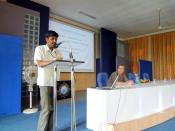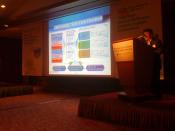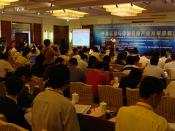INTRODUCTION
Recently, there has been considerable debate on open source and free software licenses. Although open source licenses appear to be a good solution in many cases, there are still many legal risks which should be taken into account. Companies which use open source licenses as their licensing strategy may not be aware of all the legal problems regarding those licenses. For instance, it is often argued that the General Public License (GPL) has a viral effect, because every modification to the original source code must be under the GPL. Thus, one can easily infringe the GPL by using software components which are licensed under the terms of the GPL as a part of proprietary software.
This paper seeks to analyze the main legal risks concerning open source and free software licenses. It is submitted that one should carefully consider different alternatives when choosing an open source license for the software.
It is important that the licensee understands the advantages and disadvantages of each open source license. This paper also covers some general issues related to copyright law and the open source approach.
COPYRIGHT APPROACH VS OPEN SOURCE MODEL
The conceptual framework of copyright is based on the assumption that copyright provides incentives to exploit works commercially. In other words, one of the main goals of copyright legislation is to promote useful developments in society. Therefore, the copyright consists of many exclusive rights, such as the right to manufacture and distribute works. For the software user this means that copyright imposes many restrictions on the use of computer programs.
It is widely accepted that computer programs are protected by copyright. More precisely, they enjoy protection as literary works. Therefore copyright law is applied to software licenses, because it is a question of licensing literary works. However, the question of the...


